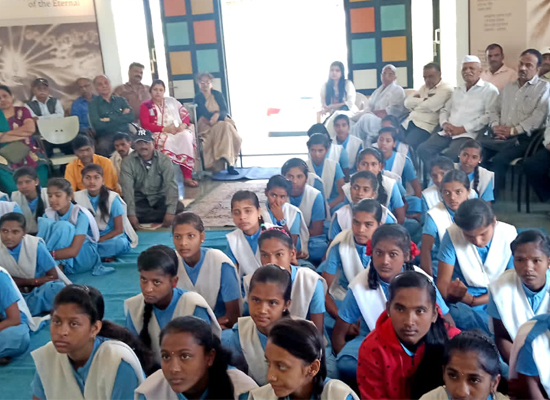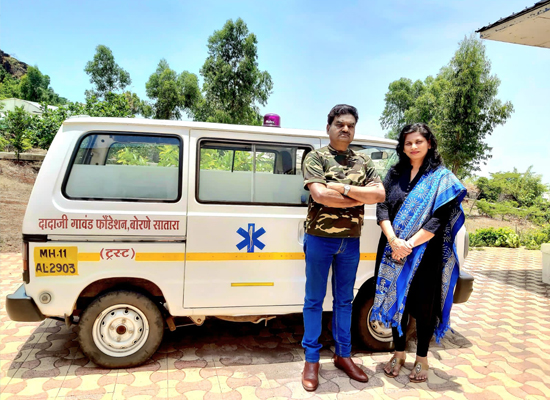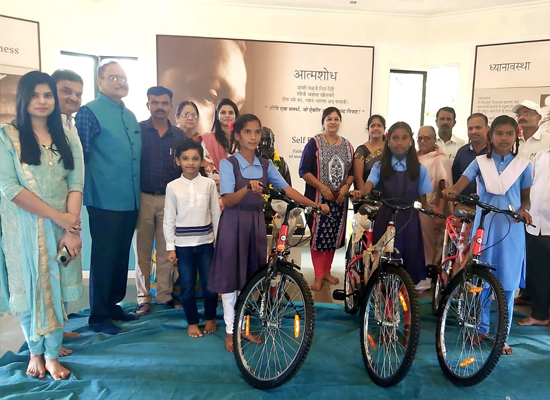Every Child Deserves The Opportunity To Learn
Education For All Children
The Dadaji Gawand Foundation is passionately committed to the principle of "Education for All Children." Recognizing the transformative power of education, the foundation endeavors to break down barriers and ensure that every child, regardless of their socio-economic background, has access to quality learning opportunities. Through various educational initiatives, scholarships, and community outreach programs, the foundation works towards creating an inclusive educational environment. By fostering a love for learning and providing the necessary resources, the Dadaji Gawand Foundation aims to empower children, enabling them to reach their full potential and contribute meaningfully to society.

Ensure Health Checkup for Every villagers Espalier for women
Tt signifies a commitment to the overall well-being of the younger generation. Conducting annual health checkups for students is a proactive approach to monitor and promote their physical and mental health. These checkups typically involve thorough examinations, screenings, and assessments to detect any potential health issues early on.
By implementing such a program, the foundation demonstrates a holistic approach to education, understanding that a child's ability to learn is closely linked to their health. Regular health checkups can help identify and address health concerns, ensuring that students receive timely medical attention if needed. This initiative aligns with the foundation's mission to provide comprehensive support for the development and success of the students it serves, contributing to their overall growth and well-being.

Ensure Counseling For Girls
Girl's education benefits from a collaborative model involving government and private sector services, emphasizing equal access for all. Government ensures foundational education, while the private sector contributes resources and innovation. A uniform approach promotes inclusivity, and successful collaboration requires clear policies and ongoing assessment.
we conducting studes camps
for this services
Government Services:
Public education systems often form the backbone of educational services. This includes schools, teachers, and educational resources funded and regulated by the government. Government initiatives can focus on ensuring access to quality education, creating policies that promote gender equality, and addressing any systemic barriers that may hinder girls' education.
ARMY, NAVY, AIR FORCE, CRPF, CISF, GRP.
Private Sector Involvement:
Private educational institutions, organizations, and businesses can contribute to girls' education by providing additional resources, innovative teaching methods, and expertise. Private entities may also support scholarships, mentorship programs, and other initiatives that enhance educational opportunities for girls.
Uniform Services:
The concept of uniform services implies equal access and opportunities for all, regardless of gender, socio-economic background, or other factors. It emphasizes the importance of creating an inclusive educational environment that treats all students equally and provides the necessary support to address any disparities.
Collaboration and Partnerships:
Collaborations between government and private sectors can lead to synergies that enhance the overall education system. This may involve public-private partnerships, where both sectors work together to achieve common educational goals, share resources, and address challenges more effectively.
Holistic Approach:
A holistic approach to girls' education considers not only academic aspects but also factors such as health, safety, and emotional well-being. Government and private sector services can collaborate to provide a comprehensive educational experience that addresses the diverse needs of girls.
